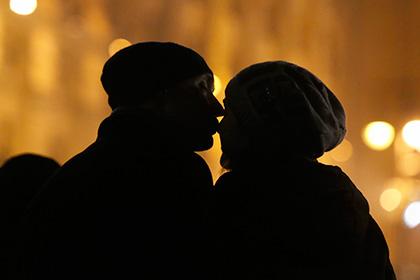Odors of people who vote like us
Researchers collected body odor samples from the 21 deeply political cohort and asked the remaining 125 participants to sniff the samples, which were randomized, and rate them on a five-point scale of attractiveness. They were also asked to guess the political views of each body odor's owner.
In a "blind" test, people were most attracted to the body odors of those who were later revealed to have similar political beliefs, and repelled by the odors that turned out to belong to their ideological opposites.
To illustrate the extreme nature of these reactions, the study authors included this story:
In one particularly illustrative case, a participant asked the experimenter if she could take one of the vials home with her because she thought it was "the best perfume I ever smelled"; the vial was from a male who shared an ideology similar to the evaluator. She was preceded with another respondent with an ideology opposite to the person who provided the exact same sample; this participant reported that the vial had "gone rancid" and suggested it needed to be replaced.
So how does this come into play when choosing a mate? While McDermott isn't saying that our nose does the picking, she does suggest that smells can operate on a subtler level to regulate certain hormones and influence your moods.
"While people can choose to dismiss or ignore these signals in favor of more conscious considerations, it appears nature stacks the deck to make politically similar partners more attractive to each other in unconscious ways, at least over the long haul,” she writes in the study.
Of course, there are more potential reasons that people are drawn to certain body odors besides political ideology. McDermott’s research builds on past studies that suggest people’s noses prefer mates that are socially compatible and genetically dissimilar to them, which would make reproduction more successful and broaden the immune systems of their potential offspring.
A 2012 study from UCLA researchers found that men were more drawn to a woman’s scent if she was ovulating (the most fertile time of the month) than if she wasn’t ovulating. In the same vein, researchers in 2007 found that women who were lap dancers earned more money in tips when they were ovulating than in other parts of the menstrual cycle.
The role of scents and pheromones in human courtship is still an emerging field of research, but it has already inspired scientifically-backed (yet socially questionable) matchmaking events like Pheromone Parties, where people looking for love wear the same white t-shirt for three days, bring the shirt in a zip lock bag, and throw it in the pile to be sniffed out and chosen by potential mates.
Anna Almendrala

